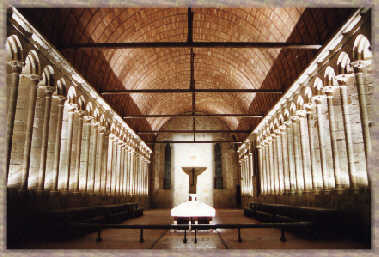The other night I was in a foul mood, with one thing after another going badly, and The Lovely Daughter asked, "What do you want, Mom?"
"I want Josh," I said.
Her eyes began to well up with tears, and so did mine, and I turned and walked back down the front hall. There was not going to be any comfort that night.
And in the wake of that conversation, I posted what I thought of as a series of rhetorical questions. I did not expect answers, but two of the women with whom I share this journey have posted answers, along with another woman I have just met.
Susan, who lost a seven-year-old son two years ago to cancer, responded in the comments to the original post. Karen, who lost 12-year-old Katie to cancer two years ago, answered in her own blog, as did Karen, the mother of 28-year-old Joey, who died two years ago of an unexpected complication due to epilepsy. Chris, whose daughter was lost to a rogue Mediterranean wave two years ago, says that she will write as well.
These women ~ they are so honest, so stark in their clarity. Their posts are poignant, raw, gentle, anguished. What it is like to hold a child as he or she dies. What it is like to learn that your child's precious body has lain undiscovered for hours or days. What it is like for your child's beauitful body to be rescued from the sea. What you have to do in the immediate afterward. What it is like a year or two later, when the capacity for small talk and concentration have vanished, when energy, will, desire and joy have all been disappointed. When you are aware that your grief over the one lost hampers your celebration of the ones here. When you keep trying.
I don't know what other people see or hear when they read these posts.
But it is the end of September and so I have begun to think about October 5, 1960, the day on which my mother and brother died, and October 11, the day on which my brother would have had his first birthday. I told my other brother last week that I had suddenly realized that I have no real memories of either of them. I have memories of moments, of scenes -- but it's as if I am watching a movie. I know this now because when I dream of Josh, in dreams in which he has appeared at several different stages of his life, he is as real to me as he ever was -- his voice, his expressions, his gestures, his posture. I do not have any of that for my mother and brother.
And part of the reason for that is that in 1960, in my world, people did not give space to grief. We did not remember out loud, we did not celebrate or honor memorial days, we did not tell our stories, of either their sorrow or of the people we loved in death as much as in life.
I do not know who we will be in five, or ten, or twenty years, we mothers who have lost so much. Not whom we had expected or planned on being ~ but perhaps by telling our stories and living into these futures we never would have sought, we are becoming women whose lives will be reflected by Gal's Yom Kippur prayer, worth repeating:
This is the vision of a great and noble life:
To endure ambiguity and to make light shine through it;
To stand fast in uncertainty;
To prove capable of unlimited love and hope.
Such eloquent words.
Such a difficult reality.







